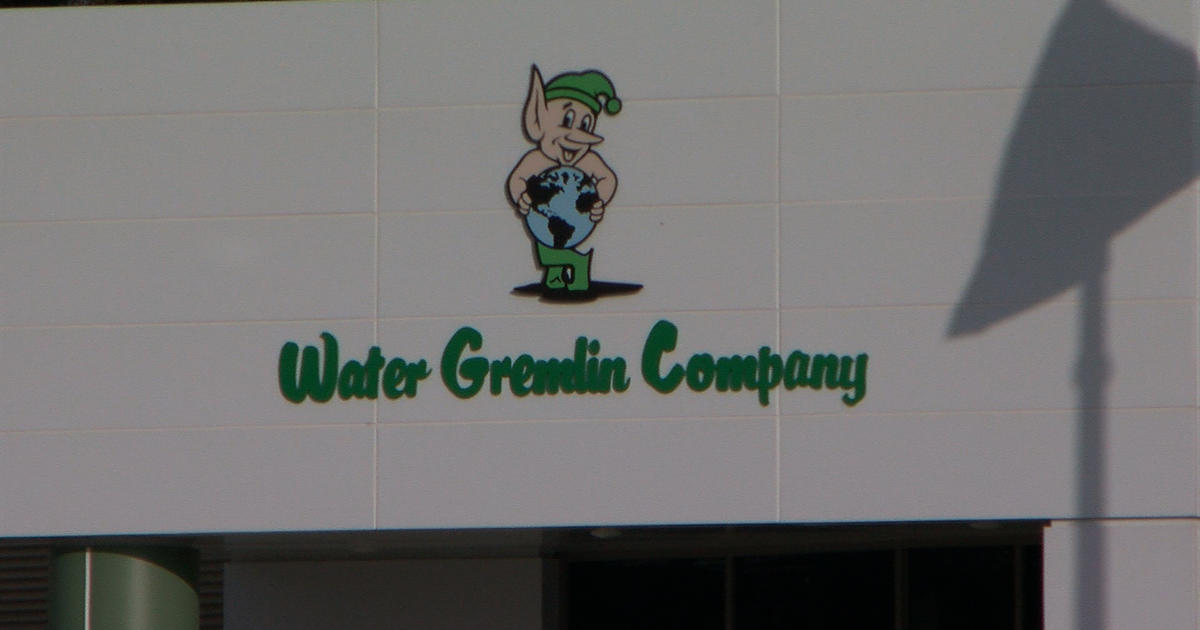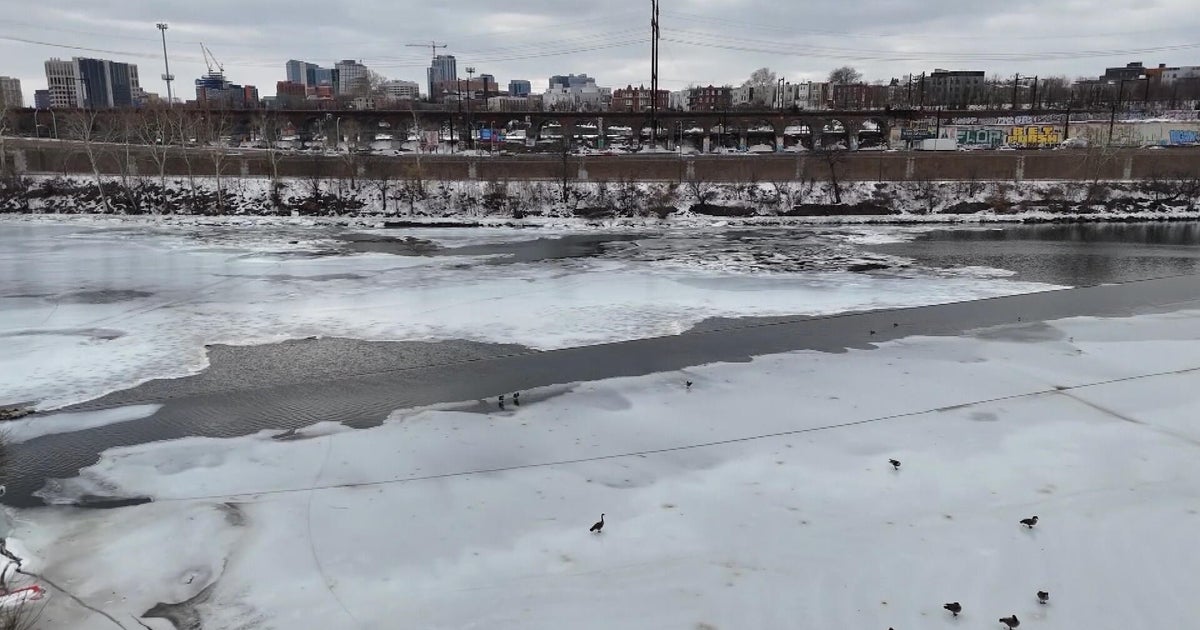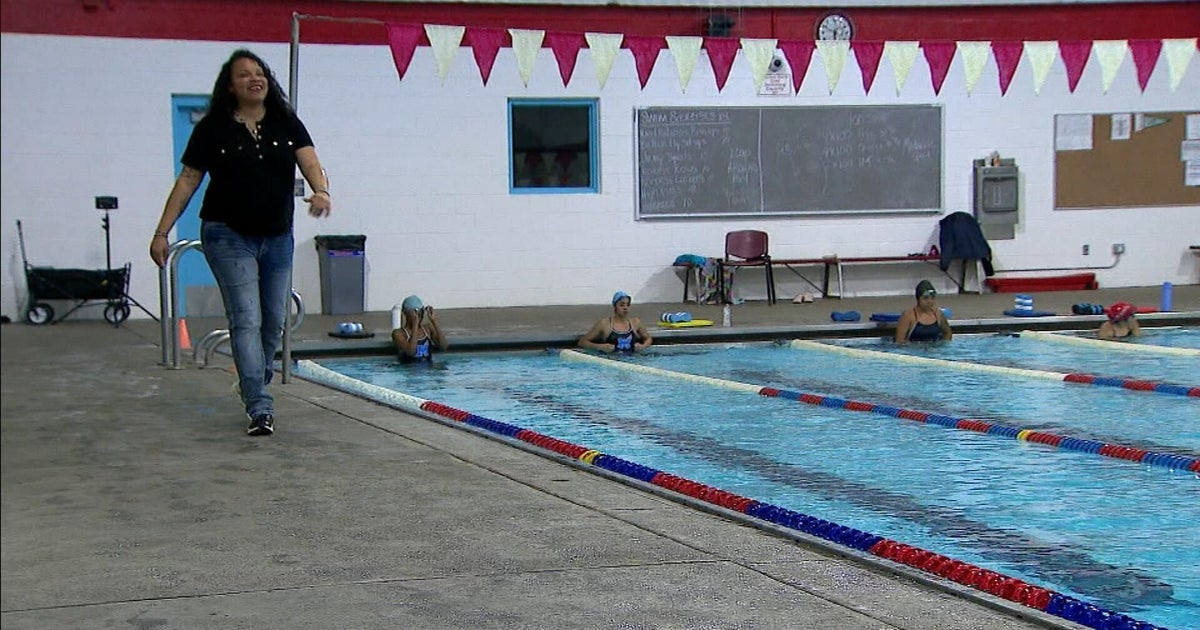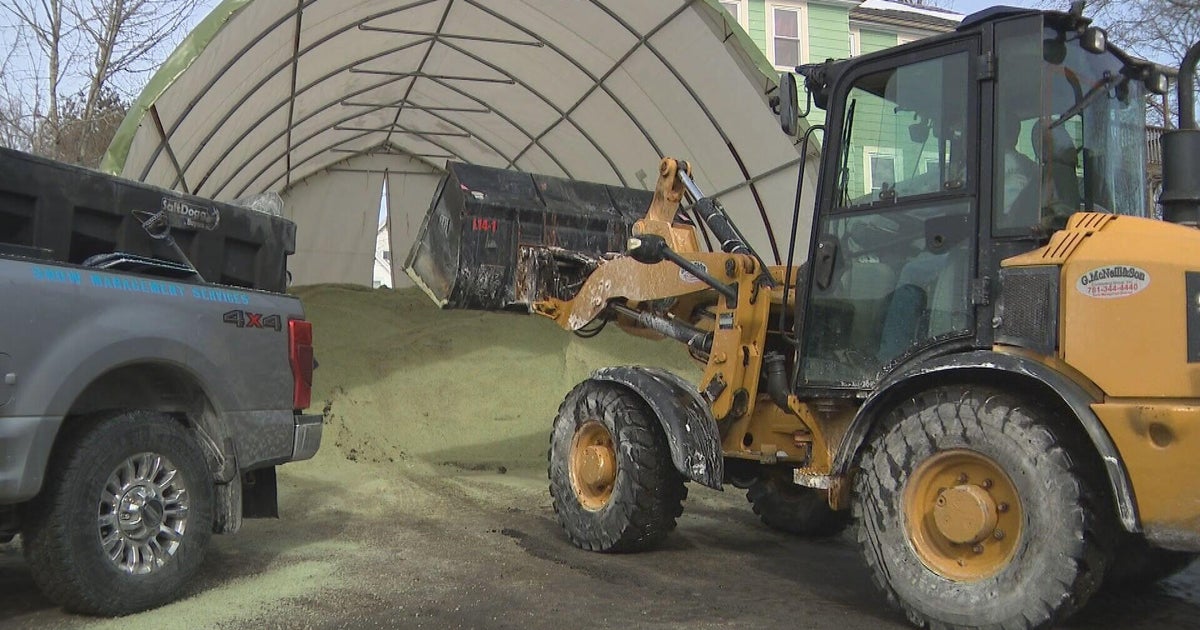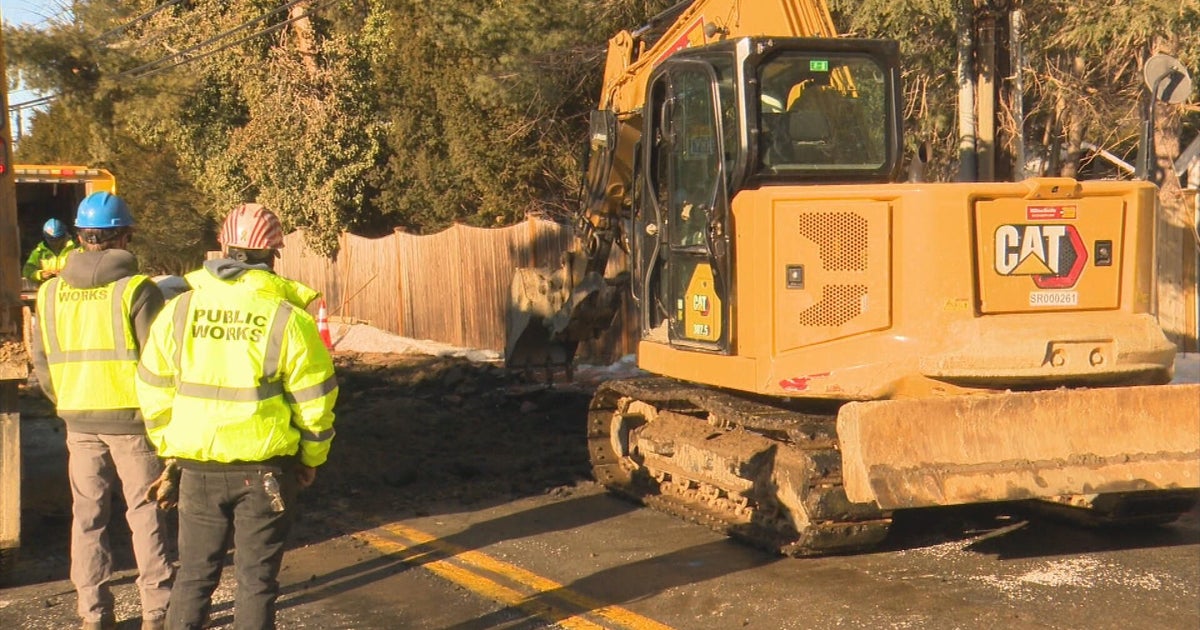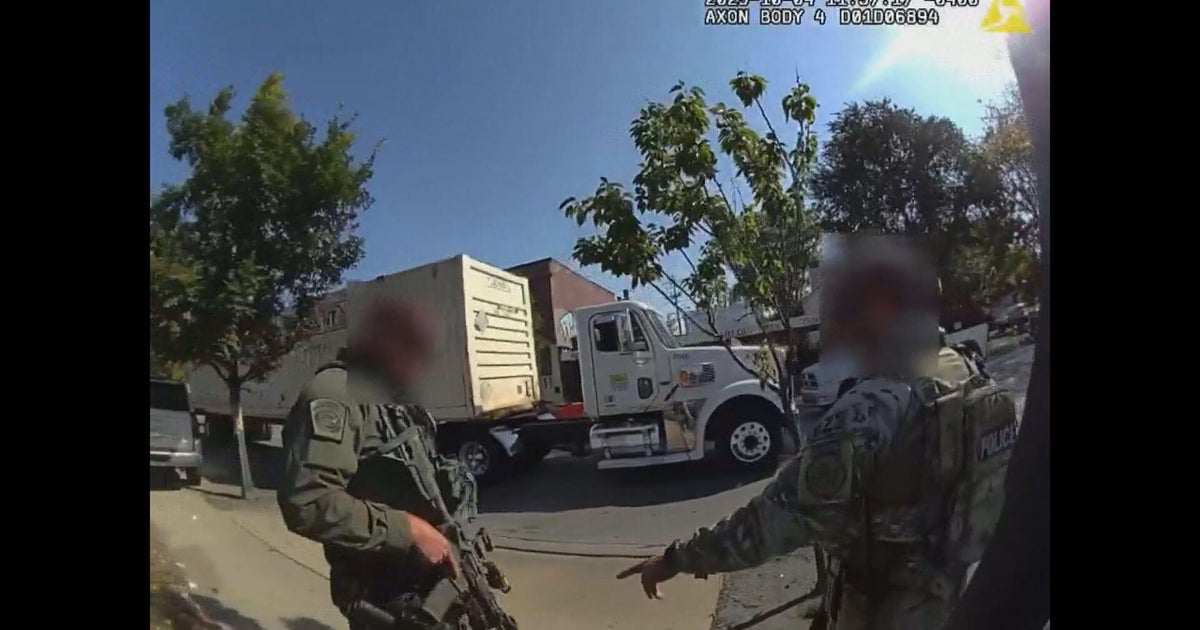Lawsuits Over 1, 4 Dioxane In Long Island Drinking Water Pile Up
JERICHO, N.Y. (CBSNewYork) - Lawsuits are piling up against big chemical companies that manufacture 1,4 dioxane.
It's a possible carcinogen that's been turning up in public water supplies.
If you're drinking tap water on Long Island, you may be ingesting some of the highest levels in the country of the chemical, a likely carcinogen that's not federally regulated. It was only recently identified in 70 percent of Long Island drinking wells.
"The products go down the sink, into the septic cesspool and into the drinking water," said Adrienne Esposito of the Citizens Campaign for the Environment.
It goes down the drain in the form of detergents, shampoos, cosmetics, and - for decades - industrial solvents dumped into the ground over Long Island's drinking water supply.
Getting it out will cost dearly for pricey new UV light filtration technology: $40 million alone is need by the Town of Hempstead to clean the water for its 120,000 customers.
"We have 28 public water supply wells, and we found 1,4 dioxane at concentrations of concern at 16 of those wells," said Town of Hempstead Deputy Chief of Staff Joseph Davenport.
That's a costly fix, prompting a flood of lawsuits.
The Town of Hempstead is joining more than 25 water suppliers across Long Island suing big manufacturers for "knowingly and willfully" selling products containing "this harmful compound" the knew or should have known "would inevitably reach groundwater."
"The taxpayers hould not have to bear this burden. People who put this contaminant into our water should rightfully pay for us to upgrade these facilities," said Hempstead Town Supervisor Laura Gillen.
The companies maintain the lawsuits have no merit, and that no human studies link 1,4 dioxane to cancer.
Dow Chemical said in a statement:
"These lawsuits are without merit. Rather than go after the companies on Long Island directly responsible for the contamination, the water suppliers brought this suit against Dow even though Dow did not conduct any operations on Long Island that are a source of contamination. There are no human studies showing that dioxane causes harm at the low levels at issue in these lawsuits. It is important to note that the water suppliers have consistently stated the drinking water is safe."
Environmental advocates say whoever pays for the cleanup, it has to be done.
"It's a necessity, not a luxury item, to have clean water," Esposito said.
Meantime, water suppliers reassure the public that Long Island tap water is safe to drink, given current drinking water standards.
New York state is expected to implement new standards for 1,4 dioxane early next year.
There are no home water treatment devices available for the removal of 1,4 dioxane, and there is no home water filtration for its removal.
